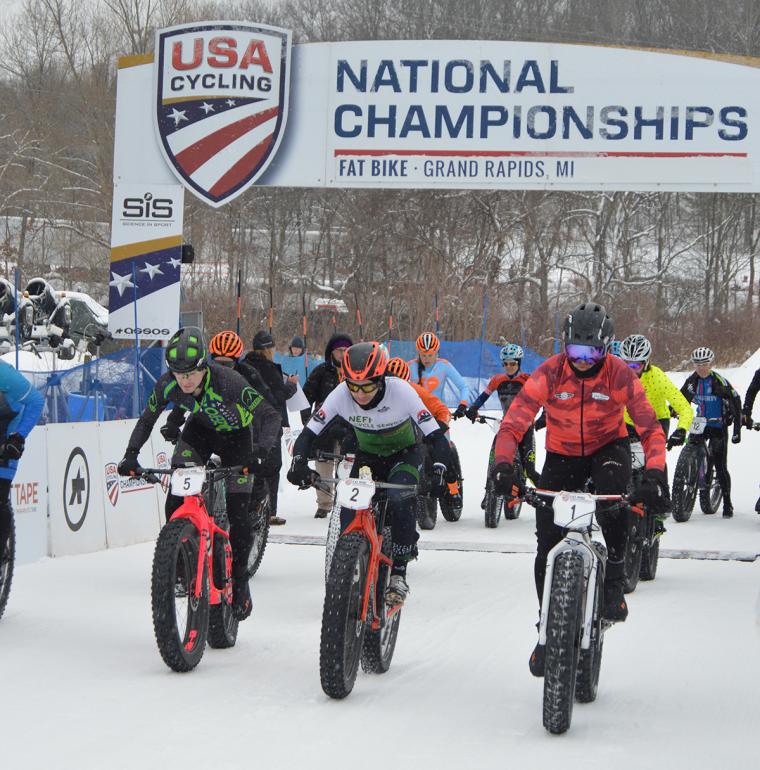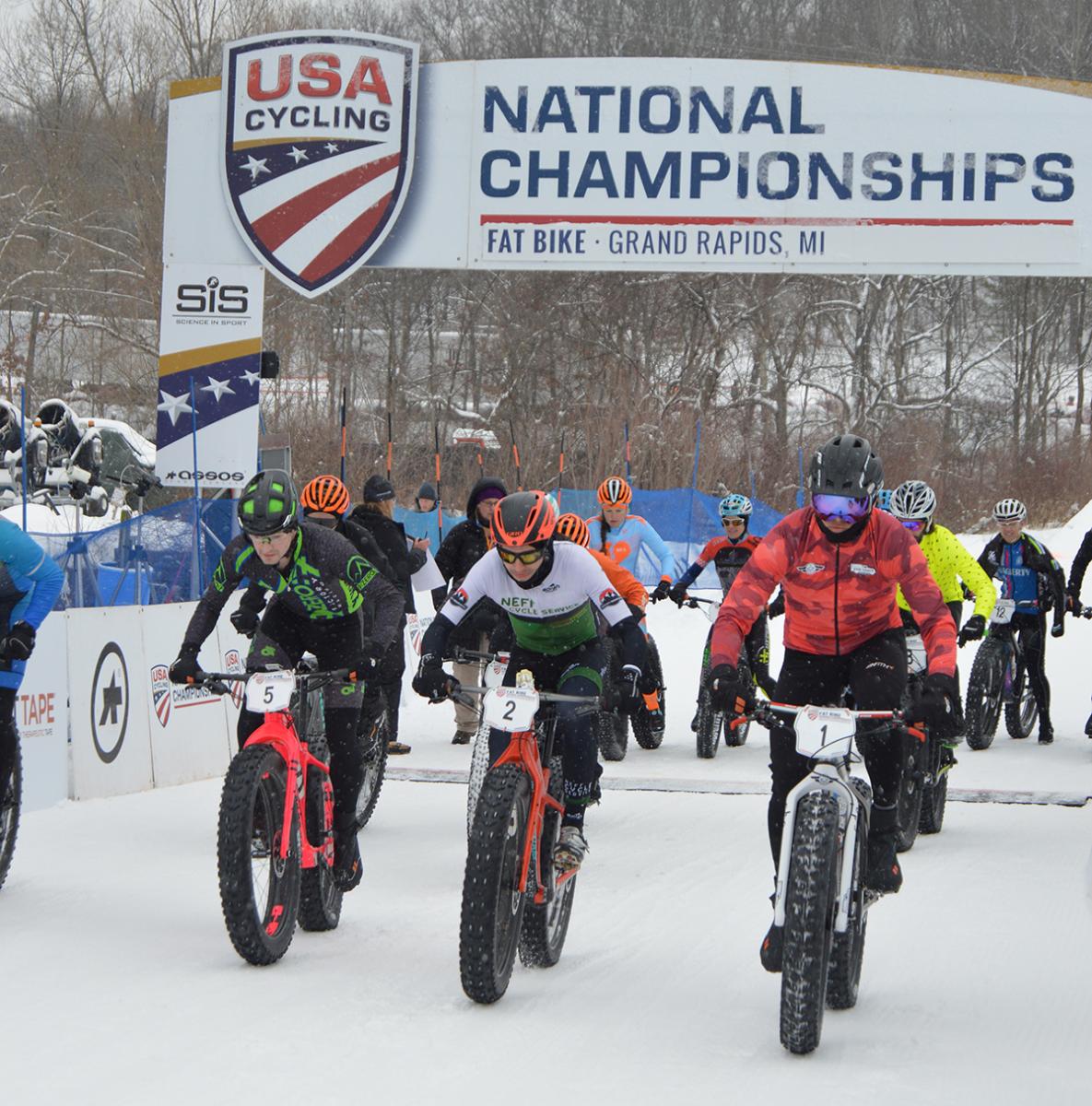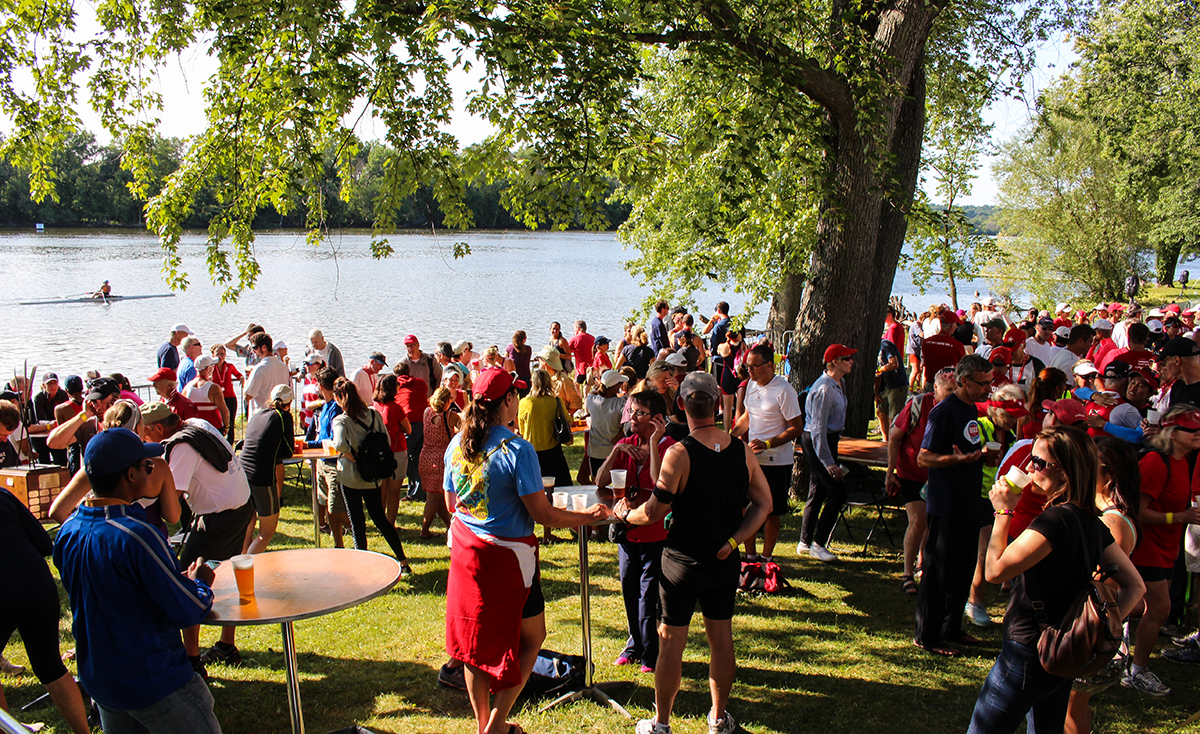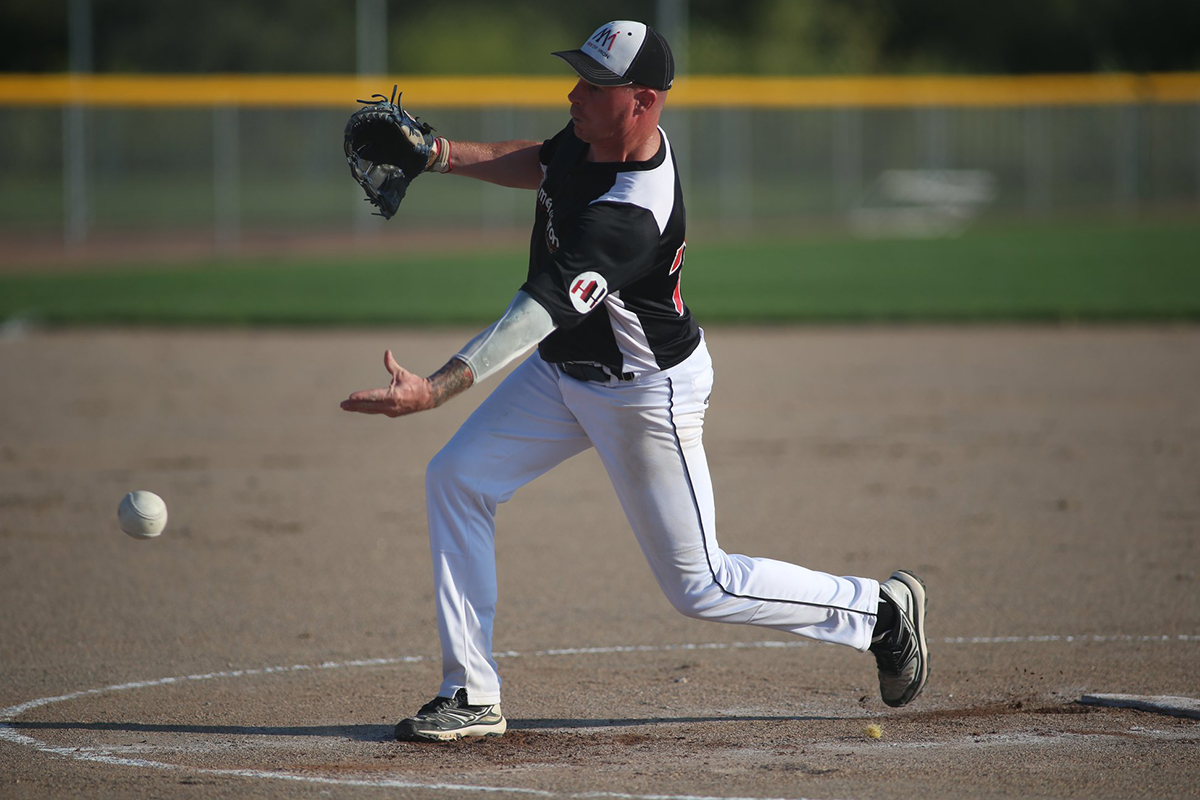

What is the best way to mitigate mishaps that may occur at a sports event? It can be summed up in three words – preparation and communication. You can never prepare too early or communicate too frequently. And it starts at the beginning – ideally, a year in advance of hosting your event.
Following are some pointers that our organization has observed as some of the best ways to prepare for and manage crises through contingency planning.
1. Look for the “what-ifs” during the site visit.
When you are in the midst of selecting your host city for your next event, pay attention to all the variables during your site visit and ask plenty of questions to start thinking about the “what ifs.” If it’s an outdoor venue, ask about contingencies in case of inclement weather. Check power sources and auxiliary power. Find out if the local sports commission or CVB has a strong volunteer roster so you’re not scrambling. Think of all the elements that could (or did) go wrong for that event in other cities, and ask how the new host city would handle them.
 2. Give host cities an opportunity to shadow the prior year.
2. Give host cities an opportunity to shadow the prior year.
Once you have awarded the host city for your next event, invite the sports commission or CVB from the winning city to attend your event the year prior so they can see firsthand what goes into hosting the event and plan for various scenarios. The West Michigan Sports Commission makes a regular habit of this. If we are hosting an event, we contact the national rights holder to see if we can experience the event the prior year as a spectator to know what to plan for and what can happen so we can bring that knowledge back home. The opportunity should be there to shadow and even help out with the operations of the event before a city hosts it.
3. Form a strong LOC and meet regularly.
Once you have selected your next host city, create a local organizing committee whose makeup represents all the elements of putting on your event. Make sure it includes CVB or sports commission staff with connections and partnerships with the local community, plus municipal leaders, parks and recreation staff, and venue and lodging representatives. You also need people knowledgeable about the sport and what needs to happen at the local level to engage athletes of that sport. You might also include public safety and medical community members if your event has security and safety elements.
 For example, when the West Michigan Sports Commission hosted the Transplant Games of America, we knew we would have donor families and recipients with various medical needs. We added medical personnel to our LOC to help us know what to plan for based on medications athletes were taking, physical limitations, hydration needs, etc. Once you have assembled the right people on your committee, meet regularly – starting a year out if possible or at least eight months in advance. Meet monthly to discuss scenarios, increasing frequency to bimonthly a few months out and weekly the month of your event.
For example, when the West Michigan Sports Commission hosted the Transplant Games of America, we knew we would have donor families and recipients with various medical needs. We added medical personnel to our LOC to help us know what to plan for based on medications athletes were taking, physical limitations, hydration needs, etc. Once you have assembled the right people on your committee, meet regularly – starting a year out if possible or at least eight months in advance. Meet monthly to discuss scenarios, increasing frequency to bimonthly a few months out and weekly the month of your event.
4. Create tools like “if/then” and communications flow charts.
Using the support of your LOC and sports commission, map out all the scenarios that come to mind with your event, and consider an “if this happens, then we do that” approach when writing your contingency plan. Think of all aspects of your event – pre-event elements like registration, parking, transportation to/from the venue, arrival time, set-up and practice. Then look at the main event itself and all that goes with it. For each of those elements, map out scenarios that could happen and what you need to do to respond to them. For example, when we hosted the Beer City Open Pickleball Championships in 2018, we identified a back-up indoor center in case of inclement weather.
Another important tool to create is a communications flow chart identifying key contacts in each area who can make decisions if something occurs, how to contact them, and how the messages flow from there. For example, with the 2014 USRowing Masters National Championships, we had a very detailed organizational chart with key contacts at every level – the national rights holder, LOC, venue, etc.
 5. Learn lessons from repeat events.
5. Learn lessons from repeat events.
Any time you host an event multiple times in the same city, you have the benefit of real-world experience to guide you. For example, we hosted the USRowing Masters National Championships this summer for the second time. We learned from 2014 that the park where the event took place didn’t have a power source. We had to bring in generators plus have the right adaptors and power distribution. We also lost our bleachers at U.S. Customs in 2014 – so this time, we contacted local resources to build finish-line bleachers.
Another repeat event taught us that sometimes the best solution to a problem is to change the venue. We hosted the Fat Bike National Championships in January 2017 on a golf course during one of Michigan’s mildest winters, so there was no snow. The second year in 2018, we considered the what-ifs of having no snow again and considered bringing in snow machines. We ultimately decided that instead of moving snow machines to the venue, we would move the event to the snow machines – so we changed the event venue to a nearby ski resort. In the end, we didn’t need to make snow because we had the real deal, but we were ready.
6. Lean on your CVB or sports commission.
While you have hosted your events dozens of times in cities across the country, every host city brings different nuances that change the dynamic. Turn to your CVB or sports commission for that local community knowledge, seeking help on everything from venue coordination to volunteer recruitment. When Grand Rapids hosted the 2019 State Games of Michigan - Summer Games, a few hockey coaches decided not to attend at the last minute, along with some of the players. Luckily, the sports commission knew the local hockey community enough to reach out and recruit volunteer coaches plus additional players to round out the teams so they could compete.
7. Put it in practice at the event.
Once the event unfolds, it’s time to put your contingency plan into practice. You can’t plan for everything either, so you also need to think on your feet. Remain calm if something goes awry and quickly communicate with the point people in charge of each area who can help create a solution. Remember that the athletes have traveled (sometimes long distances) to compete. In addition to paying a fee, they and their families are taking a lot of time out of their calendar to be here. Ultimately, you want to help them achieve their goal of competing. You may have to alter your event schedule to keep players safe. You may have to shorten a bracket or number of games so all teams have time to play. Once the threat has passed, you need to look at how to get athletes back out on the field.
As an example, we hosted the USA Softball Men’s Modified Championship in 2018. Threatening weather rolled in so we had to postpone part of the games, and later, dry out and prepare the fields to be playable. We pushed the championship game to Sunday night because fortunately we had stadium lights, and we awarded the winner Monday morning. Everyone got to play the tournament, which was the goal.
8. Do a wrap-up for next year.
Once the event is over, take time while the event is fresh to analyze what worked and what didn’t. Seek input from all parties involved – the national rights holder, LOC, venue, accommodations and other partners. This report will inform the future host city to ensure more contingencies are in place the next time around.
In the end, your goal is to host a successful event that allows players, coaches, families and spectators to enjoy the sport and compete in a fun and safe environment. A fundamental part of that success is preparing in advance for the “what if” scenarios, communicating regularly with your LOC members, and being flexible enough to pivot when something goes wrong. You may even mitigate a crisis well enough that the players don’t even realize what went on.
Be as prepared as possible knowing things may not go right and do what you can to minimize crises so that the event can still take place and everyone can be satisfied. SDM

